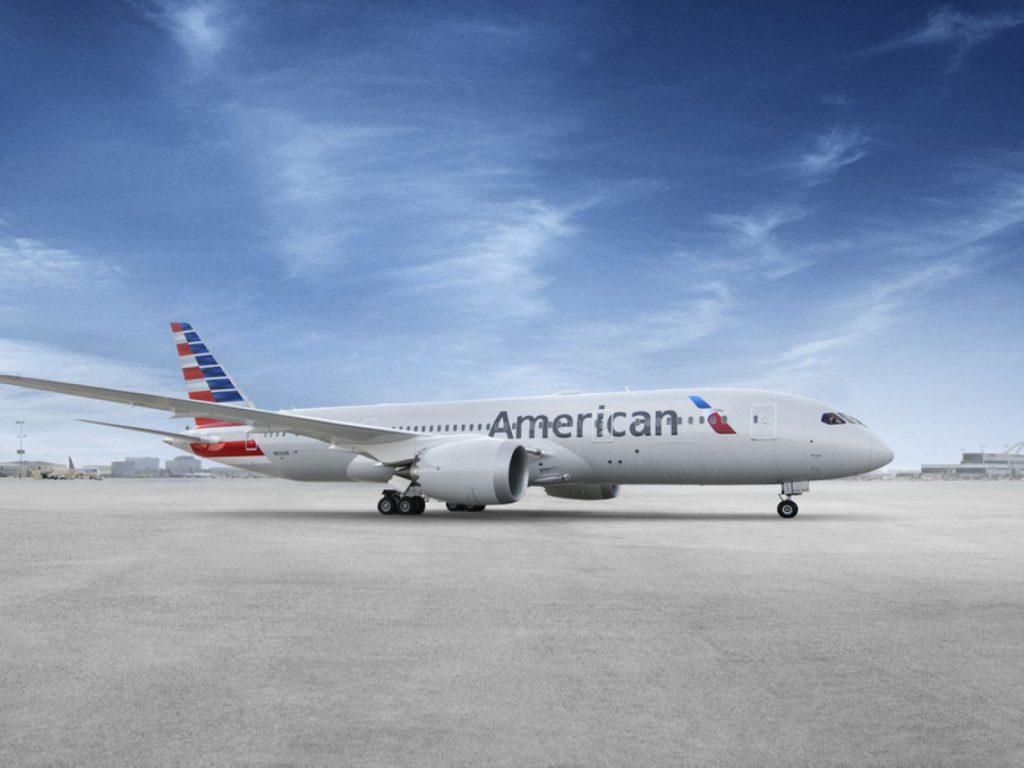Thursday, June 29, 2023

Travelers are getting hit with delays at U.S. airports again Wednesday, an ominous sign heading into the long July 4 holiday weekend, which is shaping up as the biggest test yet for airlines that are struggling to keep up with surging numbers of passengers.
As of midday on the East Coast, nearly 3,000 U.S. flights had been delayed and about 800 canceled, according to a flight tracking website.
The worst disruptions continued to be along the East Coast, which has been pummeled by thunderstorms.
Several flights out of Los Angeles International Airport to the East Coast also were delayed or canceled.
The Federal Aviation Administration temporarily grounded flights going to all three major airports in the New York City area Tuesday night after holding up flights heading to Reagan Washington National and Baltimore-Washington airports near the nation’s capital earlier in the day.
Huge crowds, bad weather, inability of some airline crews to reach their scheduling offices even a Delta jet that made a belly landing in Charlotte, N.C. have all contributed to the mess.
And it could be just the storm before the storm: The FAA predicted that Thursday would be the heaviest travel day over the July 4 holiday period.
On top of that, some airline planes may be unable to fly in bad weather starting this weekend because of possible interference with 5G wireless service.
United Airlines, which has a major hub operation in Newark, N.J., was again faring the worst early Wednesday.
It canceled more than 300 flights or 12% of its schedule by mid-morning. New York’s JetBlue canceled 9% of its flights.
Travel has picked up steadily every year since bottoming out during the pandemic.
For the past week, an average of 2.6 million people a day have been flying in the United States, about on par with pre-pandemic numbers from 2019, according to the Transportation Security Administration.
The number of air travelers could set a pandemic-era record over the holiday weekend. The FAA expects Thursday to be the busiest, with more than 52,500 total flights.
People whose travel plans were disrupted vented on social media against the airlines. Some swore they would never fly again on whichever airline had done them wrong.
When their United flight in Newark was canceled Sunday night, Margo and Jason Osborne searched for other flights but couldn’t find one.
Transportation Secretary Pete Buttigieg, whose department includes the FAA, has been beating up on the airlines for more than a year.
He has accused them of failing to live up to reasonable standards of customer service and suggested that they are scheduling more flights than they can handle.
The airlines are punching back.
United Airlines Chief Executive Scott Kirby blamed a shortage of federal air traffic controllers for massive disruptions last weekend at its Newark hub.
United could be contributing to its own struggles, however.
The Assn. of Flight Attendants, which represents the airline’s cabin crews, said it complained about wait times of more than three hours for workers who called a crew scheduling center that had “limited telephone lines and personnel.”
The union told flight attendants near the end of their shifts to tell supervisors and find a hotel room.
The FAA has admitted that it is understaffed at key facilities including one in the New York City region. It is training about 3,000 new air traffic controllers, but most of them won’t be ready anytime soon.
Last week, the Transportation Department’s inspector general said in a report that the FAA has made only “limited efforts” to adequately staff critical air traffic control centers and lacks a plan to tackle the problem.
Also last week, Buttigieg issued a new warning to airlines, telling them that planes that aren’t outfitted with new radio altimeters devices that measure the height of a plane above the ground won’t be allowed to operate in limited visibility after Saturday because of potential interference from new 5G wireless service.
American, United, Southwest, Alaska and Frontier say all of their planes have been retrofitted, but Delta Air Lines still has about 190 planes waiting to be updated because its supplier doesn’t have enough altimeters.
Delta said it will schedule those planes to avoid landing where the weather might be bad to limit disruptions.
Smaller airlines that operate regional flights could also be affected, as could flights operated to the United States by foreign carriers.
Monday, January 1, 2024
Tuesday, January 2, 2024